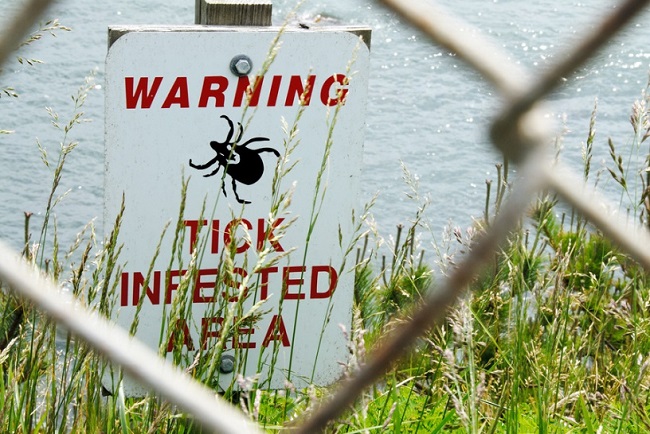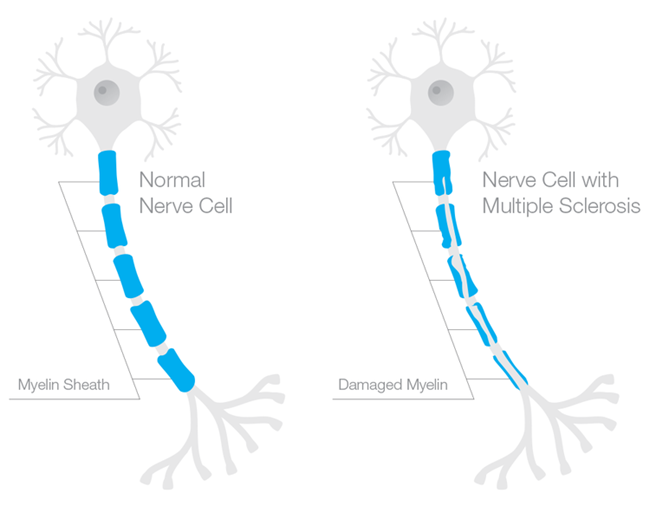Perhaps I’m naive, but I’ve always assumed that academic and government scientists were generally trustworthy, unbiased (or, at least as unbiased as possible given their humanity), and that they should be viewed as sources of truth. Academic and government scientists have minimal conflicts of interest, and they seek truth and the protection of the public, right? Every field has some bad-apples, but, as a general rule, I always assumed that government and academic scientists were the truth-seekers and protectors of the public. I assumed that they were objective, thoughtful public servants who were minimally swayed by corporate, political, or personal conflicts—because science is supposed to be a truth-finding method that isn’t supposed to be swayed by subjectivity, money, conflicts, or biases.
A Loss of Faith in Government and Academic Scientists
Those views have been shattered recently, and I’m left wondering, if I cannot trust government and academic scientists, who can I trust?
Some of the many reasons why I no longer trust the academic or government scientists are outlined in the (frankly, depressing) interview with Professor Marc Edwards that was published in The Chronicle of Higher Education, “The Water Next Time: Professor Who Helped Expose Crisis in Flint Says Public Science Is Broken.” In it, Professor Edwards notes that:
I am very concerned about the culture of academia in this country and the perverse incentives that are given to young faculty. The pressures to get funding are just extraordinary. We’re all on this hedonistic treadmill — pursuing funding, pursuing fame, pursuing h-index — and the idea of science as a public good is being lost.
When the most lucrative sources of funding for academic scientists are from pharmaceutical companies, agro-chemical corporations, the petroleum industry, and other big-moneyed interests—how are the academic scientists supposed to feel free to criticize those industries? Even if the financing sources are government agencies, academic scientists avoid criticizing them in order to keep the doors for future funding open. Edwards continues to iterate the problem:
You are your funding network as a professor. You can destroy that network that took you 25 years to build with one word. I’ve done it. When was the last time you heard anyone in academia publicly criticize a funding agency, no matter how outrageous their behavior? We just don’t do these things.
Edwards also notes the failures of the government scientists and regulatory agencies:
In Flint the agencies paid to protect these people weren’t solving the problem. They were the problem.
When the Government Agencies ARE the Problem
Unfortunately, the failure of government agencies to protect the public is not limited to the failure of the Michigan Department of Environmental Quality and the U.S. Environmental Protection Agency’s failure to recognize that the water in Flint, Michigan contained dangerously high levels of lead. The EPA also failed to recognize that DuPont was poisoning the water supply in Parkersburg, West Virginia with their production of Teflon and other perfluorooctanoic acid (PFOA or C8) products. (The New York Times Magazine article, “The Lawyer Who Became DuPont’s Worst Nightmare” and The Huffington Post article, “Welcome to Beautiful Parkersburg, West Virginia: Home to one of the most brazen, deadly corporate gambits in U.S. History” describe this environmental and health catastrophe.) The EPA not only failed to recognize and address the problems in Flint and Parkersburg, they actively hid the problems and even went so far as to blame the victims. Unfortunately, the situation in Flint (and the similar situation in Washington DC in 2010) and the situation in Parkersburg are not isolated incidents in an otherwise well-run and well-incentivized system. They are examples that illustrate systemic problems in academic and government “science.” The system is broken, and a broken system is not to be trusted.
“These people are unscientific.”
Says Edwards in his interview. He goes on to say:
I grew up worshiping at the altar of science, and in my wildest dreams I never thought scientists would behave this way. The only way I can construct a worldview that accommodates this is to say, these people are unscientific. Science should be about pursuing the truth and helping people. If you’re doing it for any other reason, you really ought to question your motives.
Amen to that.
I hope that other brave scientists, like Professor Edwards, start speaking up, and that the system changes—for the credibility of all academic and government scientists, and, more importantly, for our safety and health.
Who to Trust?
I am truly saddened to be left with the question of – if I cannot trust the government and academic scientists (I didn’t even consider trusting the corporate scientists) to give me and other members of the public accurate information about the safety of our water, food, medicines, consumer goods, etc., who can I trust?
Personally, I trust the victims and the whistle-blowers. I trust the people who are screaming about how they, or their loved ones, have been hurt by toxic pharmaceuticals, pesticides, food additives, poisoned water, and more. The victims and the whistle-blowers are screaming loudly despite having nothing to be gained, and often much to lose, from screaming. I trust the people who have no financial incentives shaping their views, who are reporting on what they experience and what they have researched. On the other hand, I don’t trust the people who are so blinded by their financing sources that they refuse to criticize them, and I’m saddened to hear that many academic scientists are in this category.
One of the beauties of the scientific method is that it removes a lot of subjectivity and personal bias from the equation. Victims, and sometimes whistle-blowers, are reporting on their personal experience, and thus, there is always a certain amount of subjectivity in what they report. However, I’ll take a little subjectivity and transparent bias when listening to a victim or whistle-blower over a person who has scientific credentials but who is swayed against reporting the truth by “enormous pressure” to please their funding sources.
In both Flint and Parkersburg, the EPA actively covered-up corporate and government malfeasance that was hurting the citizens of those communities, and a large number of academic scientists stood by and didn’t question the corporations or government’s actions because they didn’t want their funding to be jeopardized. I don’t trust the people who think that way.
I hope that the recognition that Professor Edwards and his Virginia Tech team receive for their work in Flint makes other academic (and government) scientists think, and that some mechanisms are put into place that will ensure that government and academic science is credible, minimally biased, trustworthy, etc. Government regulators and funders, as well as those in academia, have important roles to play. They need to play their roles well, or we will all lose faith in them, or worse, get hurt by their negligence.
Until systemic changes are put into place to encourage government and academic scientists to be more driven by truth and public service than money, I’m going to continue to believe the victims and whistle-blowers over the government and academic officials. Sure, subjective reporting has its problems, but there is more value in a personal anecdote than there is in greed-driven “science” where the goal is funding rather than truth.
We Need Your Help
More people than ever are reading Hormones Matter, a testament to the need for independent voices in health and medicine. We are not funded and accept limited advertising. Unlike many health sites, we don’t force you to purchase a subscription. We believe health information should be open to all. If you read Hormones Matter, like it, please help support it. Contribute now.
Yes, I would like to support Hormones Matter.
Image created using Canva AI.
This article was published originally on February 15, 2016.













